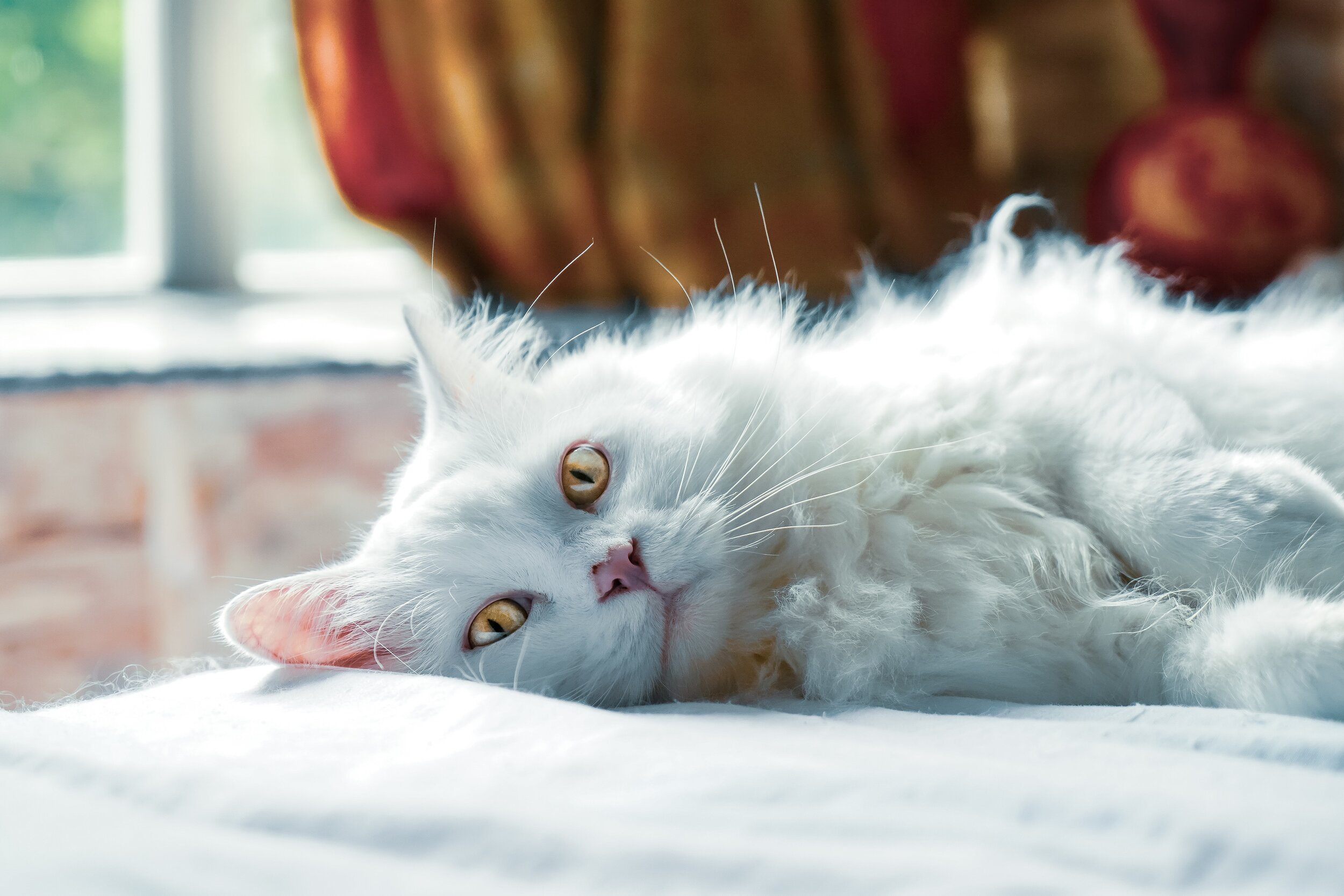Can Your Cat Get Sick From a Dirty Litter Box?
It’s the dreaded duty of every cat owner: cleaning the dirty litter box. But did you know it’s a task you need to take seriously? A dirty litter box is not only bad for you, but for your cat’s health as well.
Here at Kitty Sift™, our goal is to make it easy to keep a more hygienic and healthier litter box that eliminates the need to scoop, scrape and scrub. While veterinarians recommend cat owners clean the litter box at least twice a day, we know for some cleaning it once a day is challenging enough.
How cats get sick from a dirty litter box: Feline Lower Urinary Tract Diseases
Some felines are prone to Feline Lower Urinary Tract Diseases (FLUTD), which are problems in areas such as the urinary tract, bladder and kidney.
These diseases are sometimes linked to a dirty litter box. It all begins when a cat holds off going to the bathroom, because it doesn’t want to go in a filthy toilet. This is hard on their kidney, bladder and urinary tract. When a cat chooses to go only once a day rather than several times a day, it makes its urine more concentrated. That concentration causes formation of crystals and severe obstructions, which causes a FLUTD.
It’s amazing what you can learn health-wise about your cat when you clean its litter box on a regular basis. You will begin to understand your cat’s bathroom habits. Maintaining often helps you detect medical problems in your pet. If your cat isn’t urinating, you’ll notice when there’s nothing in the litter box. If your cat comes down with diabetes, the fact it is constantly peeing will be a major medical clue. But you’ll never be able to tell your cat has an issue if you’re not sifting on a regular basis.
Some common symptoms of FLUTD:
Straining To Urinate
Bloody Urine
Urinating In Unusual Places
Crying When Urinating
Licking Around The Urinary Area (Often Because Of Pain)
Depression
Dehydration
Lack Of Appetite
Vomiting
Cats and parasites in dirty litter boxes
Did you know a smelly, dirty box is also a haven for parasites? Aside from bacteria, cat waste is also home to parasites, which can cause hookworms, roundworms, and ring worms in your cat.
When you have a dirty litter box, it’s even easier for a parasite to enter your cat’s body and land in its gastrointestinal tract. These infections can be caused by worms or single-celled microorganisms. The symptoms of these ailments can be life-threatening.
Common symptoms of parasites:
Abdominal swelling or bloating
Dry nose and mouth
Dull coat
Dehydration
Diarrhea
Exercise intolerance
Vomiting
Fever
Weakness or lethargy
Lack of appetite
Weight loss
Exercise intolerance
Confusion
Organ Failure
Watery stool
Tremors
Cleaning a dirty litter box is easier with Kitty Sift
If you have a traditional litter box, not only do you have to scoop the waste twice a day, but wash the box thoroughly with a strong disinfectant at least once a month. If you’re using non scoopable litter, the litter needs to be thrown out regularly.
At Kitty Sift™, cleaning a dirty litter box means doing it in less than 30 seconds. The disposable sifting layers make it easy for you to have a fresh and clean box on a regular basis without the hassles of scrubbing and scraping.
It’s common knowledge litter box issues are one of the key reasons cats are surrendered to shelters. Many pet owners don’t realize their lack of cleanliness is a big reason why cats won’t use the litter box. At Kitty Sift™ we aim to change that. We know a clean litter box means a happy kitty and a happy life.
For more information on keeping your cat healthy and happy, go to https://whiskerfabulous.com/


